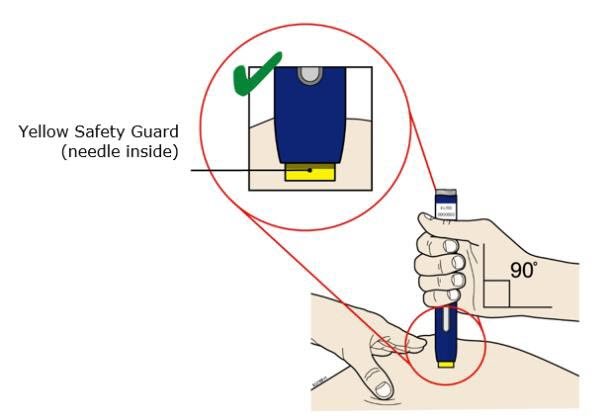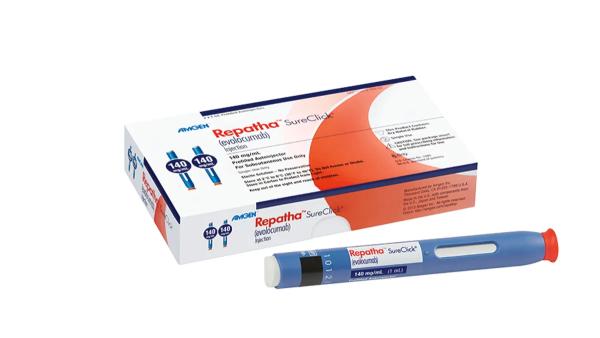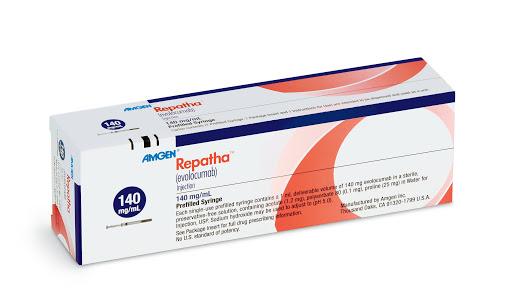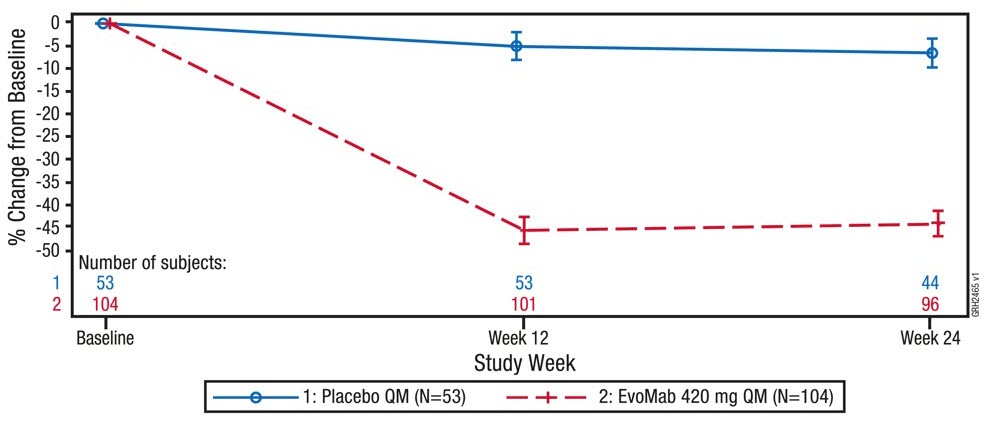What Are The Rare Side Effects Of Repatha
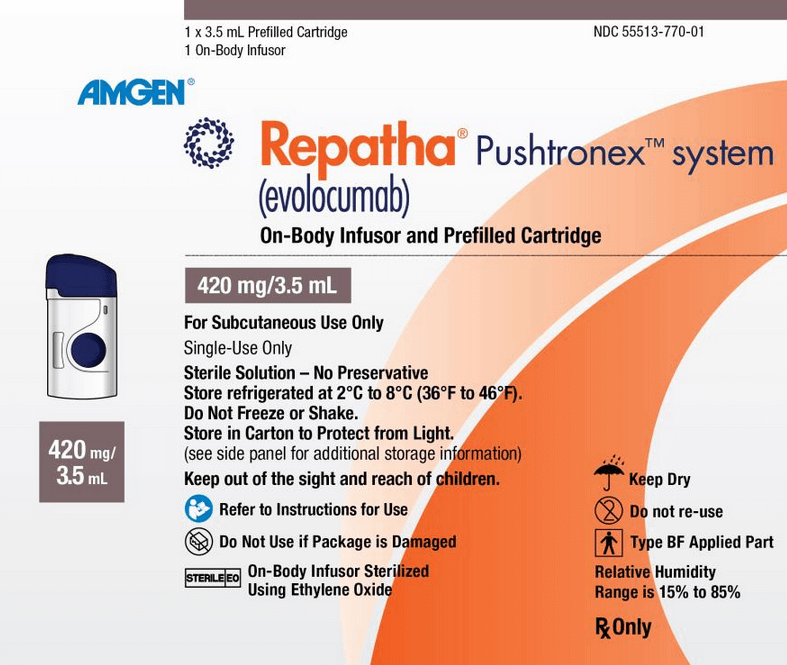
For individuals grappling with stubbornly high cholesterol levels despite statin therapy, Repatha (evolocumab), a PCSK9 inhibitor, offers a beacon of hope. This injectable medication has proven remarkably effective in lowering LDL cholesterol and reducing the risk of cardiovascular events. However, as with all medications, it's crucial to be aware of potential side effects, including the rare ones that often fly under the radar.
While Repatha is generally well-tolerated, this article delves into the infrequent and less-publicized adverse reactions associated with its use. By examining data from clinical trials, post-market surveillance reports, and expert opinions, we aim to provide a comprehensive understanding of these rare side effects. This knowledge empowers patients and healthcare providers to make informed decisions about Repatha treatment.
Common Side Effects: A Quick Recap
Before diving into the rare side effects, it's important to acknowledge the more common ones. These typically include injection site reactions (redness, pain, or bruising), flu-like symptoms, and nasopharyngitis (common cold). These are generally mild and resolve on their own.
Uncommon and Rare Side Effects: A Deeper Dive
Neurological Effects
Although rare, some patients have reported neurological symptoms while taking Repatha. These can include cognitive impairment, such as memory problems or difficulty concentrating. It's important to note that a causal relationship isn't always definitively established, and other factors might contribute to these issues.
Cases of headache and dizziness have also been reported. While these are more common, persistent or severe symptoms warrant medical attention.
Musculoskeletal Issues
Muscle pain (myalgia) is a known side effect of statins, and, less frequently, it can also occur with Repatha. However, severe muscle weakness or rhabdomyolysis (muscle breakdown) is very rare.
Arthralgia (joint pain) has also been reported in some individuals taking Repatha. If these musculoskeletal symptoms become debilitating, a thorough evaluation is necessary to rule out other potential causes.
Allergic Reactions
As with any injectable medication, there's a risk of allergic reactions. These range from mild skin rashes and itching to more severe reactions like angioedema (swelling of the face, lips, tongue, or throat) and anaphylaxis (a life-threatening allergic reaction).
While serious allergic reactions are extremely rare, they require immediate medical attention. Patients should be aware of the signs and symptoms of an allergic reaction and seek help promptly.
Liver Function Abnormalities
Elevated liver enzymes, indicating potential liver injury, have been reported in some patients taking Repatha. While these elevations are usually mild and reversible upon discontinuation of the drug, monitoring liver function is essential, especially in individuals with pre-existing liver conditions.
Severe liver damage is exceedingly rare, but periodic blood tests can help detect any abnormalities early on.
Ocular Effects
There have been anecdotal reports of ocular side effects associated with Repatha, including blurred vision and dry eyes. The relationship between the drug and these symptoms is not fully understood.
Patients experiencing significant vision changes should consult an ophthalmologist to rule out other potential causes.
Data from Clinical Trials and Post-Market Surveillance
Clinical trials provide valuable insights into the safety profile of Repatha. While these trials are designed to detect common side effects, rare adverse events may not always be apparent due to the limited sample size and duration of the studies.
Post-market surveillance, which involves monitoring the drug's safety after it has been released to the public, plays a crucial role in identifying rare side effects. These reports are collected from healthcare professionals, patients, and pharmaceutical companies.
By analyzing these reports, regulatory agencies like the FDA can identify potential safety signals and update the drug's labeling accordingly. It is important to consult the latest prescribing information for Repatha for the most up-to-date information on side effects.
Factors Influencing Side Effect Risk
Several factors can influence an individual's risk of experiencing side effects from Repatha. These include age, gender, pre-existing medical conditions (such as liver or kidney disease), and concomitant medications.
It's important for healthcare providers to carefully evaluate each patient's medical history and risk factors before prescribing Repatha. Dosage adjustments may be necessary in certain individuals to minimize the risk of adverse events.
Genetic factors may also play a role in an individual's susceptibility to side effects. However, more research is needed to fully understand the genetic basis of drug response.
Communicating with Your Healthcare Provider
Open communication with your healthcare provider is essential when taking Repatha. Report any new or worsening symptoms, even if they seem unrelated to the medication.
Don't hesitate to ask questions about the potential risks and benefits of Repatha. Your healthcare provider can provide personalized guidance based on your individual medical history and needs.
"It's crucial to remember that the benefits of Repatha, particularly in reducing cardiovascular risk, often outweigh the potential risks," emphasizes Dr. Emily Carter, a cardiologist specializing in lipid management. "However, being informed about the possible side effects, including the rare ones, empowers patients to make informed decisions and work collaboratively with their healthcare team."
The Future of PCSK9 Inhibitor Research
Research on PCSK9 inhibitors is ongoing, with studies exploring new indications and formulations. Scientists are also investigating potential biomarkers that could predict an individual's response to Repatha and identify those at higher risk of side effects.
Future research may also focus on developing strategies to mitigate the rare side effects associated with Repatha. This could involve identifying specific risk factors or developing targeted therapies to address these adverse events.
Long-term studies are needed to fully assess the long-term safety and efficacy of Repatha. These studies will provide valuable information on the rare side effects that may not be apparent in shorter trials.
Conclusion: Informed Decisions for Better Health
Repatha remains a valuable tool in the management of high cholesterol and the prevention of cardiovascular disease. While rare side effects exist, understanding them enables patients and physicians to collaboratively weigh benefits against risks. Continued vigilance, open communication, and ongoing research will further refine our understanding and optimize the use of this important medication, leading to improved health outcomes for those who need it most.


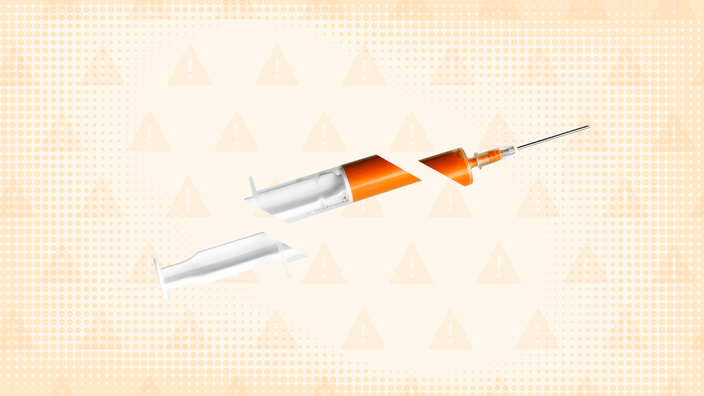
:max_bytes(150000):strip_icc()/side-effects-of-flagyl-metronidazole-1941759-FINAL-7b1b3d3abd1c4b7789af8de7e97386ab.png)





